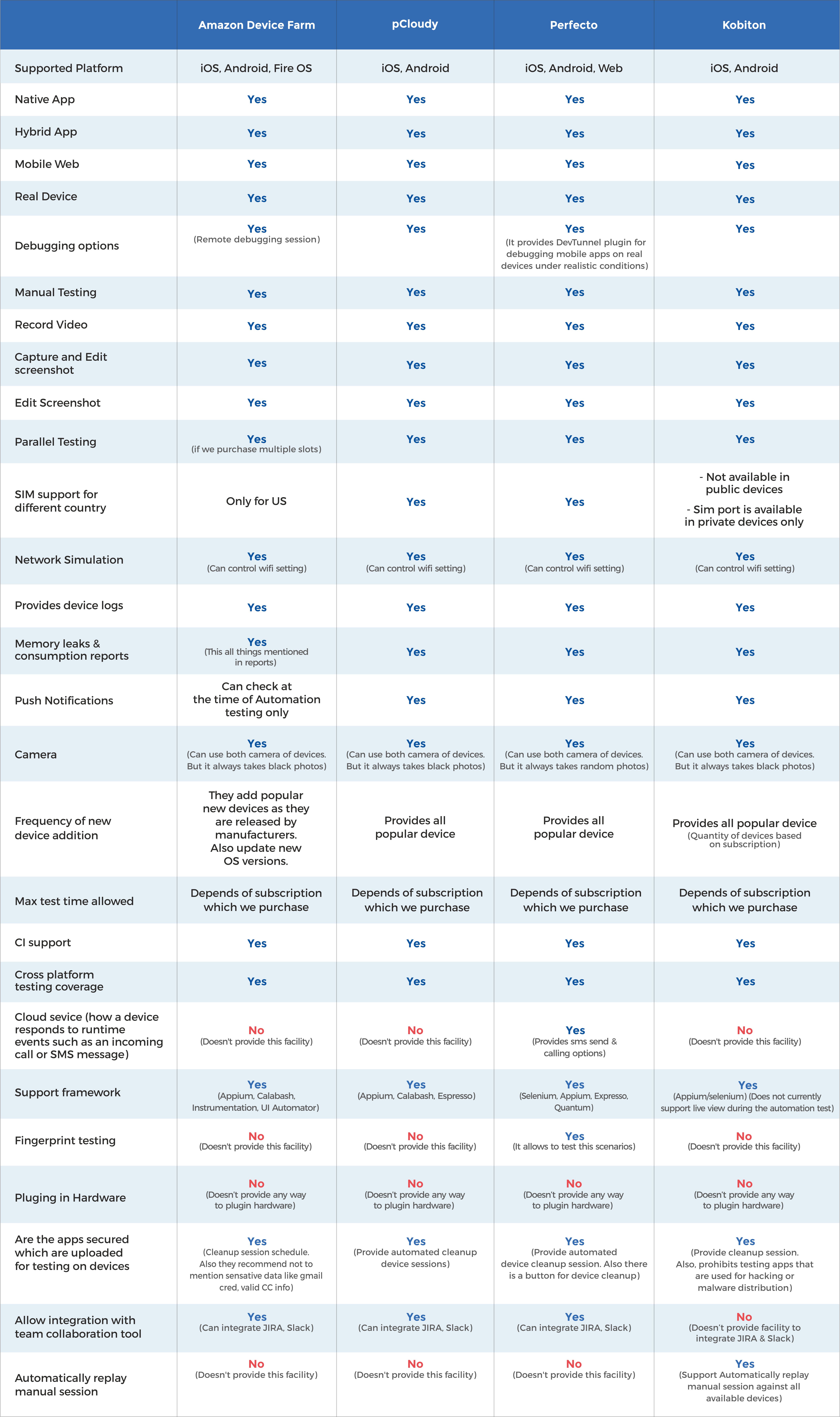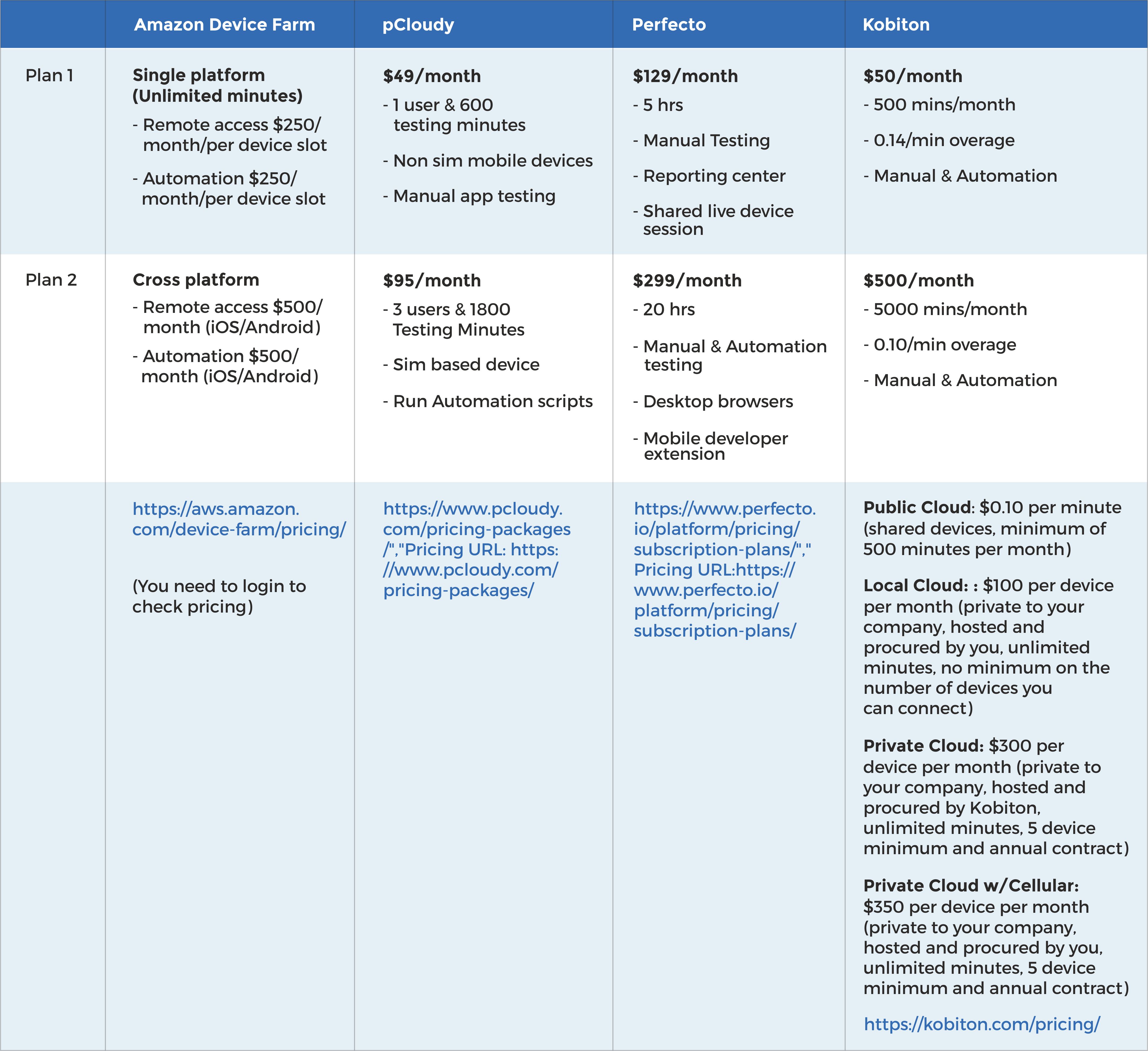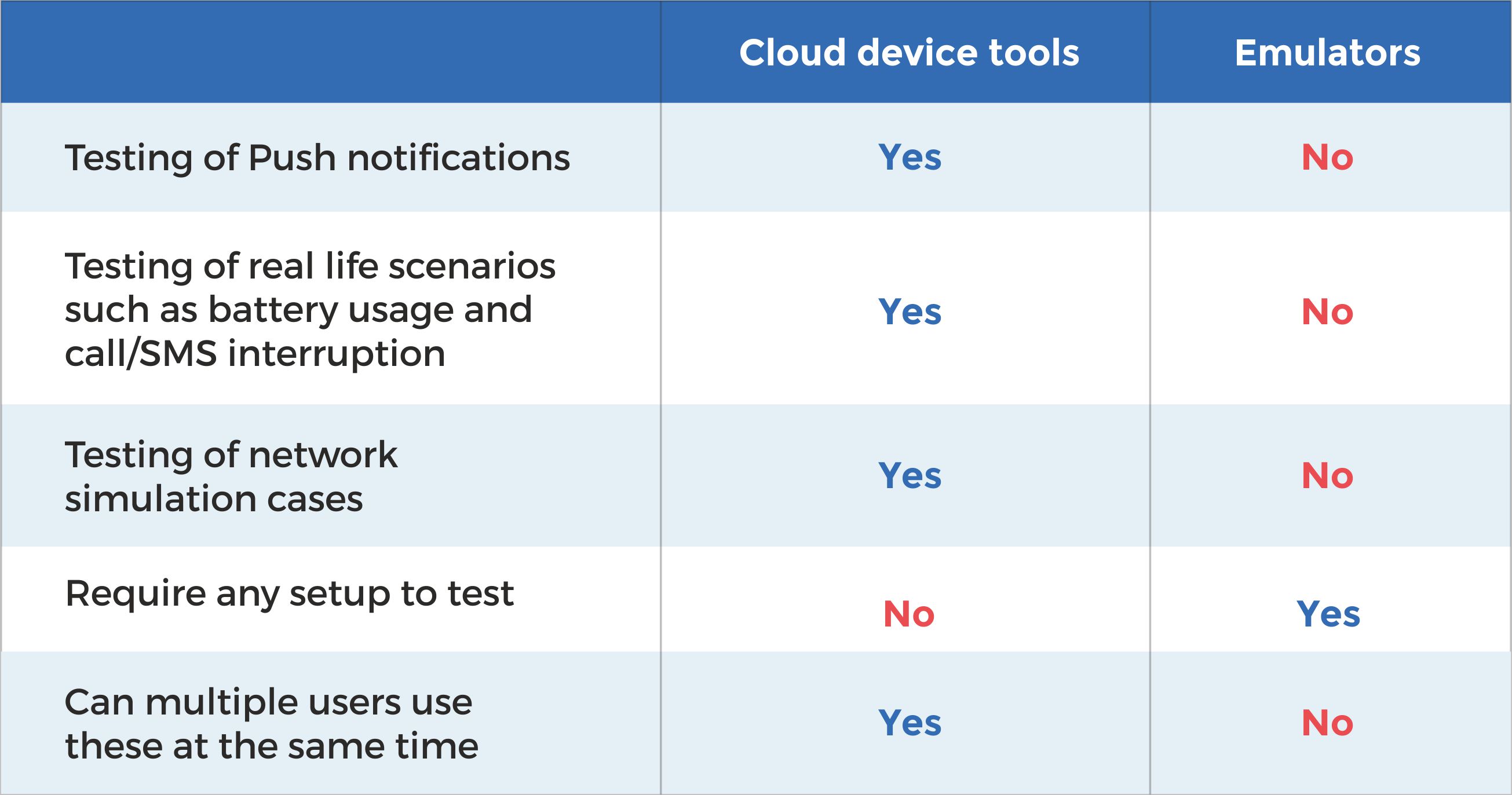Everything You Need To Know About Cloud-Based Device Testing Tools

The importance of mobile applications in our everyday lives and activities is certainly eternal. This is so because there is an ongoing transformation in the market and hence people are getting more equipped with applications. Every day, the market is getting flooded with apps. There are some 6000+ apps launched on the Android Playstore and approximately 4000+ apps are released on iOS app store per day and these apps need cloud-based testing tools.
With such competitive figures, you have to be sure that apart from offering something innovative and interesting to your customers your application should also be efficient and flawless. And hence, the cloud-based testing tool is indispensable for apps these days. It involves analysing usability, functionalities, and upcoming glitches of an application. It depends on the following factors –
- Screen resolution
- Turning on/off GPS
- Screen orientation (landscape, portrait)
- Different devices’ manufacturers
- Operating system
- Type of mobile application
Strategizing proper testing can help make an application efficient and effective. There are two main approaches for mobile application testing –
- Manual Testing: In this approach, the tester focuses on explorative ways of monitoring, whether a mobile application meets user requirements and expectations or not.
- Automated Testing: Software-based testing which compares the actual results with the expected results of the application or website in terms of designs, usability, functionalities, etc.
With the tremendous increase in the demand for mobile applications, the speed of application deployments has also been increased. The teams working on mobile apps are under constant pressure to launch new apps and provide updates at a faster rate which automatically puts stress on the QA team to test all cases and release a bug-free app quickly.
What is Cloud-based device testing?
The cloud-based testing tool allows the developer & tester to communicate around the world and connect with devices via the Internet. In cloud technology, testers can access all the range of devices with different OS platforms, versions, network carriers, screen sizes and also allow them to test their applications in the “n” number of devices without compromising the quality of the app. Cloud testing keeps all the devices on a centralized location, where all the testers are connected to the cloud and can access the devices.
Testing in the cloud brings benefits of easy availability and high scalability. It allows testing on different environments and multiple machines without building own infrastructure.
In order to overcome this, a lot of products for cloud-based device testing were released in the app developing industry to stimulate an accurate mobile environment and test mobile applications on the cloud.
It allocates the required resources using virtualization and also scales up resources anytime without affecting the entire system. The major advantage of using cloud-based device testing is that it is cost-effective and provides faster results.
Cloud-Based Device Testing Service Providers
There are numerous cloud-based testing tools service providers that offer a variety of features and types with different pricing models, different target audiences, feature sets, and use cases.
Here are some of the popular cloud-based software testing tools that you may use in the future –
- AWS Device Farm: AWS Device Farm allows QA to test their application on a shared fleet of 2500+ devices. This testing service interacts with Android, iOS, web apps and reproduces issues on a device in real-time.
- pCloudy: Public Cloud is designed to increase the App Testing coverage while saving significant time and cost. It allows access to real devices in a single click by using any Html5 browser. With security being a key factor, pCloudy makes sure that information over secure web sockets is protected.
- Perfecto: The Perfecto MobileCloud is a completely web-based Software as a Service (SaaS) platform that allows mobile application developers and QA Engineers to work with services like advanced automation, monitoring, and testing services with different subscription plans.
- Kobiton: Kobiton is a powerful mobile device platform offers real mobile devices for both testers and developers. Using Katalon Studio, you can easily execute automated tests on Kobiton’s devices.
- Firebase Test Lab: Just with one operation, you can test your Android or iOS app across a wide variety of devices and device configurations, and see the result including logs, videos, and screenshots in the Firebase console.
The list of cloud-bassed device testing tools with their detailed feature is mentioned below in table –

Here is a detailed comparison of the best Cloud-based testing tools in terms of pricing –

Comparisons between Cloud-based testing tools & Emulators:

Benefits:
– Tester gets an array of devices, OS platforms, etc. to choose from thereby reducing the overall cost of infrastructure and maintenance.
– These tools can be accessed from anywhere.
– There is no need for any setup to access it. With just the URL, it allows you to log in via your credentials.
– It allows integration with team collaboration tools like JIRA and Slack etc.
– It supports testing in a real-time environment with real network carriers (Low/high latency, 100% loss, Low network, etc.)
– Also, it supports parallel testing where you can execute the concurrent test to saves a lot of time during the test cycle.
– It offers a secure environment for carrying out these operations.
Limitations/Observations:
– Slow response. The environment that they offer is considerably slow and the mobile device response time is also not great at speed.
– The device camera gives a black/blank view.
– Can’t test finger touch/touch id scenarios.
– Can’t judge smoothness in screen transitions.
– Video doesn’t play smoothly.
– No backup or redundant tests allowed.
– Limited security options – They do provide remote cleanup sessions but that’s not enough. It’s still recommended not to use sensitive data in real devices like – Gmail credentials etc.
– If a particular device is checked out by a user, the next user needs to wait for a specific amount of time before they could use it. A lot of valuable testing minutes are wasted.
– Tools available on the cloud-based testing tool devices are not open source or free of cost.
The expectations of the product owners and stakeholders are very high as they want to launch their mobile applications quickly and bug-free in the limited time frame. Mobile testing through a Cloud-based testing tool is emerging day by day and it is demanding some drastic changes in the way it’s done.
Systango is one of the prime product engineering and development companies in the UK, which has framed the testing of applications based on the Cloud-based Testing tool service Providing model.
Do you want to test your application with a Cloud-Based testing service model or any other such viral testing technology? Let’s get into touch by scheduling a call.







Nice and very informative Ankita!!
Hi Mate, You have an extraordinary site , your Knowledge is Profitable to most of the people like me, I came across this on Google, and I am stoked that I did. I will definitely be coming back here more often. Wish I could add to the conversation and bring a bit more to the table, but am just taking in as much info as I can at the moment. Keep posting such good content and share your knowledge with other’s. Thanks for sharing.
Its very helpful for decision making. Nice Blog !!
Thanks for your article!
It’s very interesting. If people concern about cloud-based testing tools, they can read this writing.